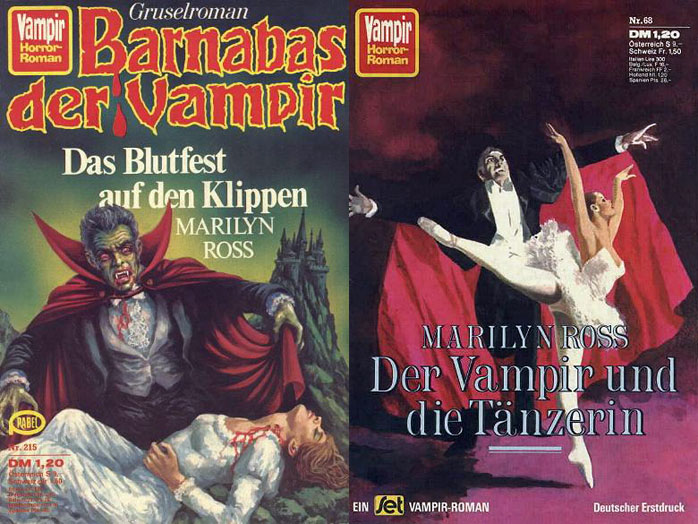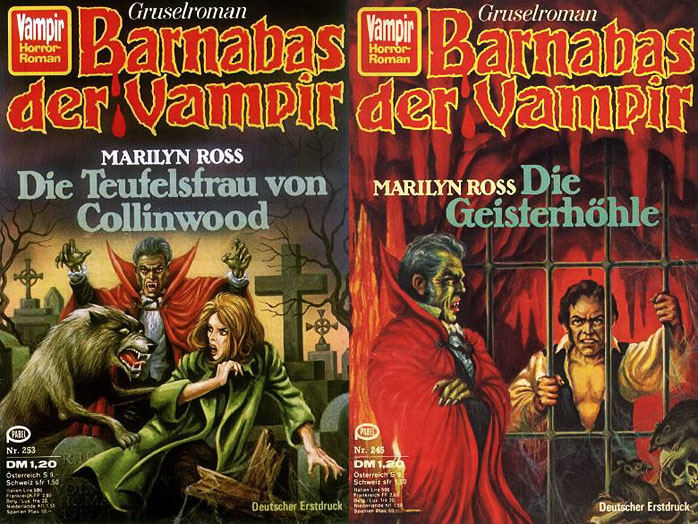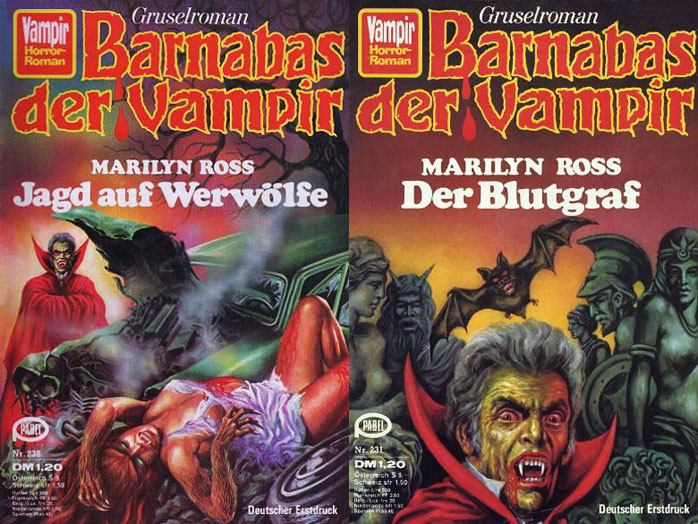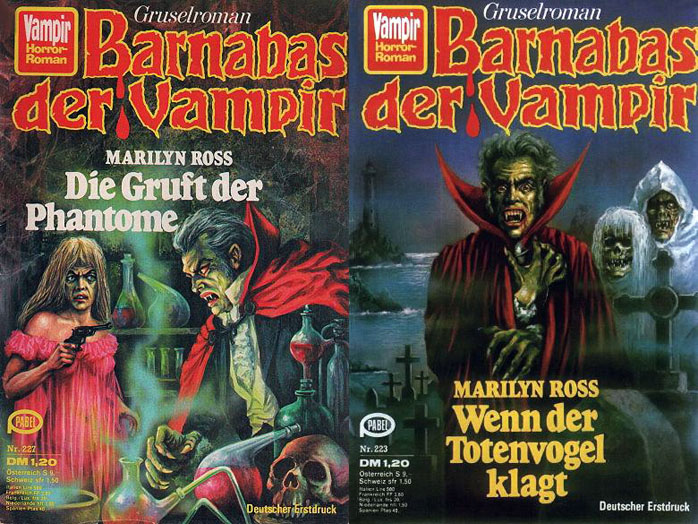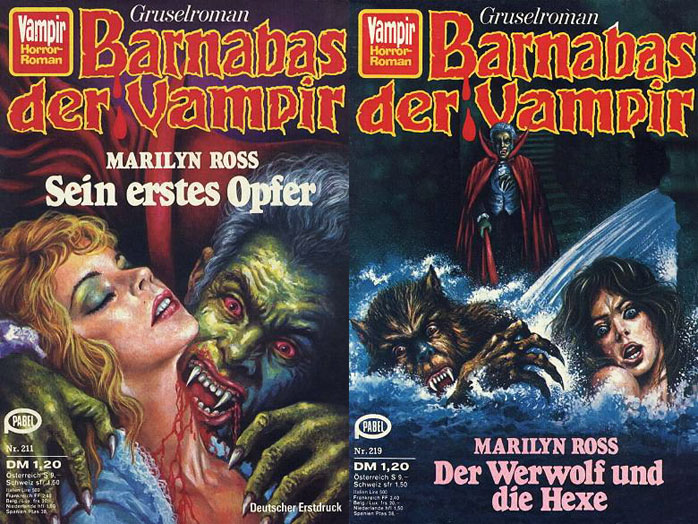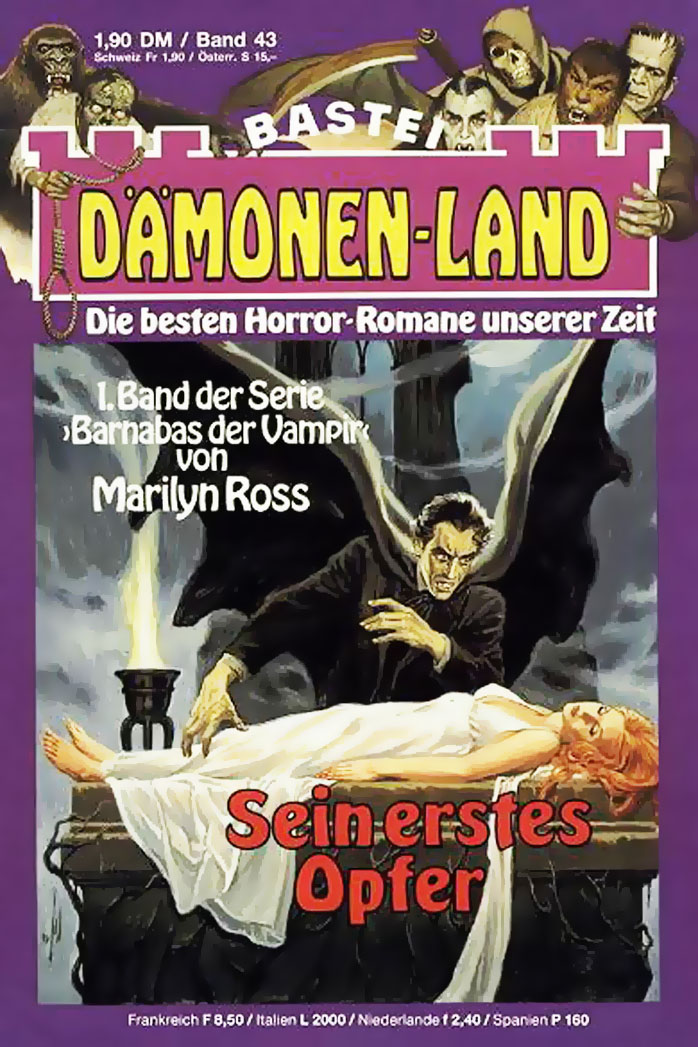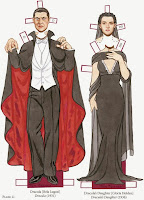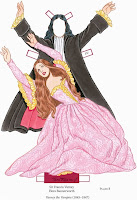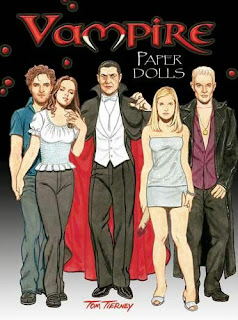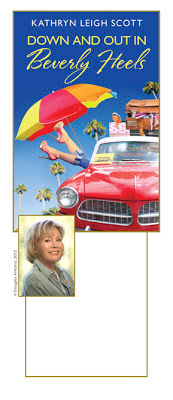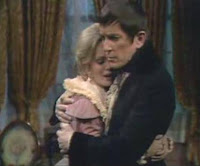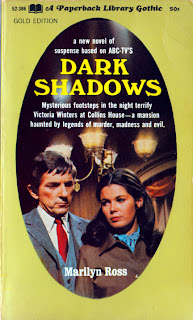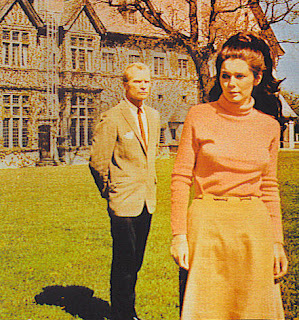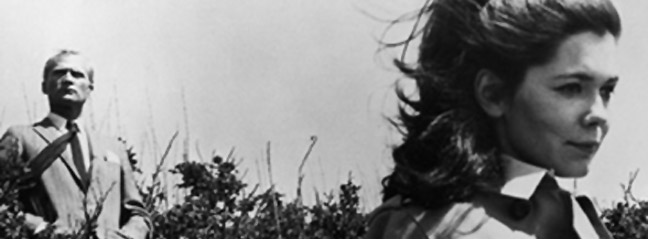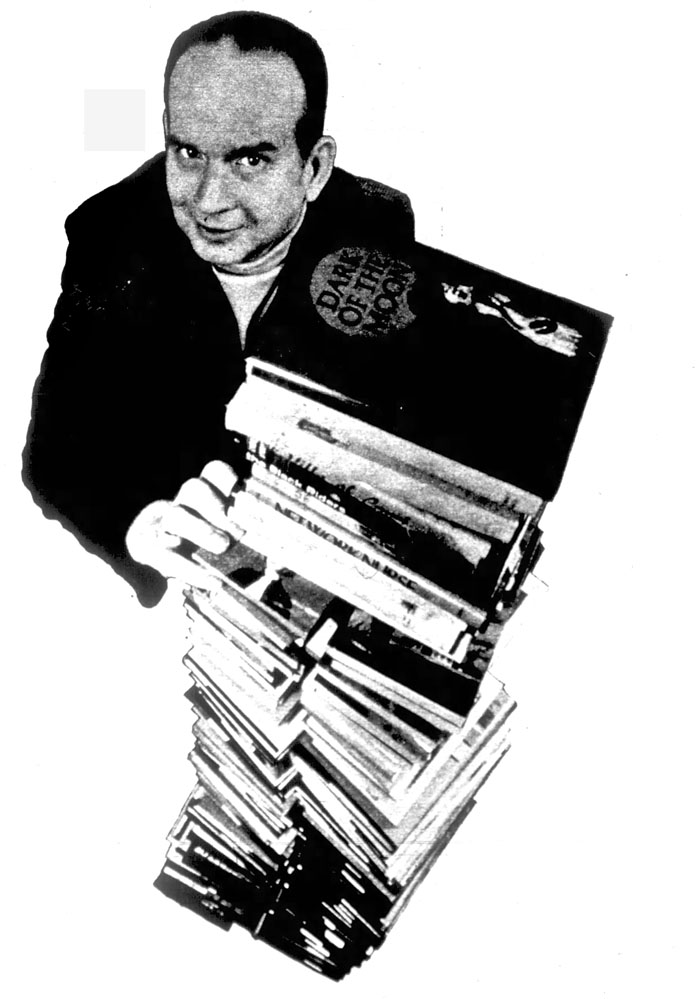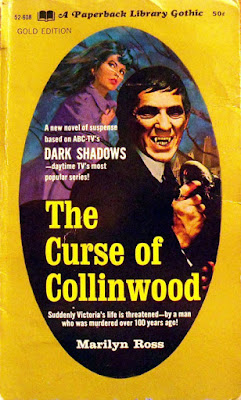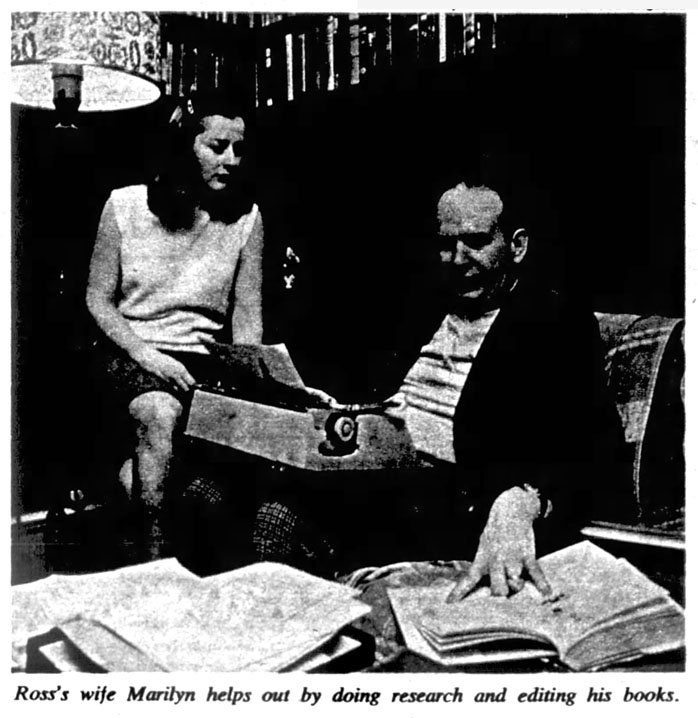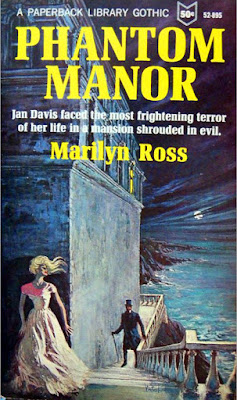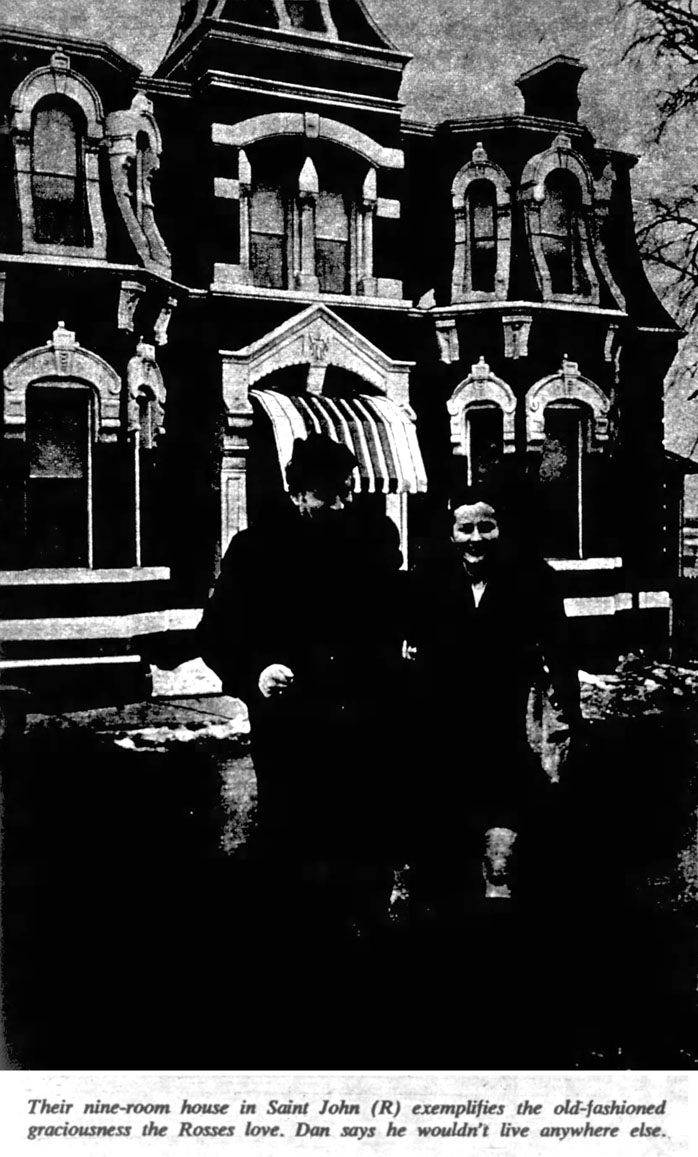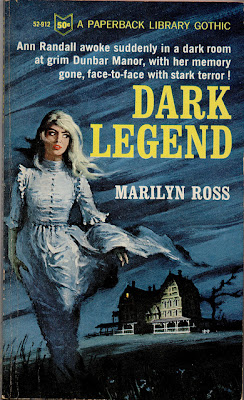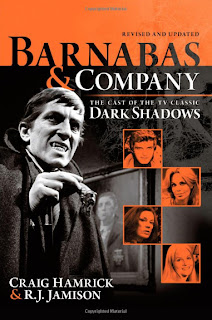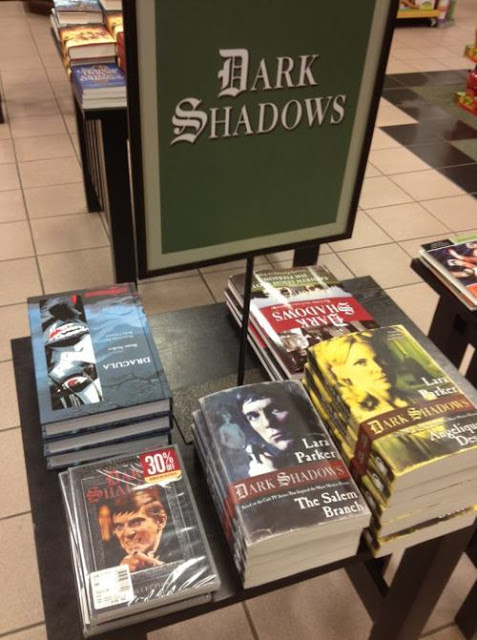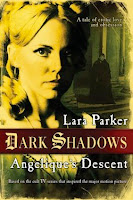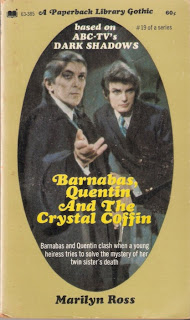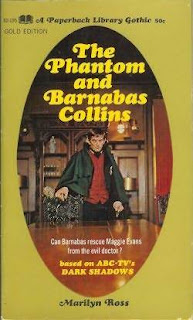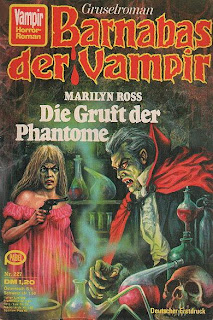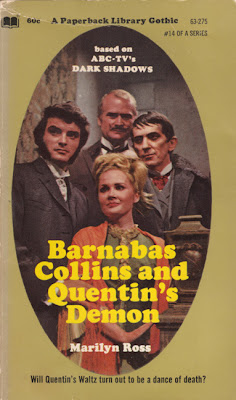Dan Ross: Man Of Many Words
In a basement in Saint John he's turning it out 115 novels
and 600 short stories published in 22 countries in 13 languages in the last
seven years
By N. R. Dreskin
Weekend Magazine, May 10, 1969
"I try to take a break of 24 hours after I finish a
book before starting the next one." says
Dan Ross, a 56-year-old
actor-turned-writer of Saint John. "Of course, you can't afford to dawdle
around when you've promised to deliver another novel before the end of the
month."
And before the listener has a chance to grasp the enormity
of this statement — after all, writers usually take a year or more to do a book
— Ross adds, almost as an afterthought:
"Then there are the short stories to turn out every
week. But I'm not complaining. The writing's going well."
Indeed it is. With 115 novels and over 600 short stories
published in the past seven years in 22 countries and 13 languages, Dan Ross
now ranks among the world's most prolific writers — living or dead. Three years
ago, when he was on his 50th novel, the authoritative New York Times Book
Review called him "one of the most formidable writing factories in this or
any other hemisphere." Obviously Ross has staying power.
But who recalls reading any of his books recently?
"I'm probably Canada's most read unknown writer,"
he admits in his mild, objective way. "But that's because I use so many
pen names. Editors insisted on them for my different types of novels and
because I was producing for many publishers.
"As a result I may have eight books on a newsstand —
and not one of them with my own name.
"I'm Rose Dana and Rose Williams for the nurse books;
Marilyn Ross— that's my wife's name — for the Gothic mysteries involving a heroine and the setting of an
old castle or remote ancient mansion; Dan Roberts and Tex Steele for westerns;
then for the modern novels, romances and general mysteries I'm Ellen Randolph, Jane
Daniels, Jane Rossiter, Clarissa Ross, Ruth Dorset, Leslie Ames, W. E. D. Ross,
W. E. Dan Ross and Dan Ross."
Writers are notorious for thinking up reasons for not facing
the typewriter. But Ross goes all out to meet his deadlines. On a Monday
morning not long ago,
Donald MacCampbell, a veteran New York literary agent, phoned him.
"Dan, I've had a call for a., nurse book. They're in a
bit of a rush." The agent hesitated only momentarily after this monstrous
understatement.
"Do you suppose I can have it by next week?"
"I'll get right onto it," Ross promised.
He laid aside the mystery novel he was currently working at
and began to write the nurse novel.
The following Monday, a bundle of some 300 typed pages, the
manuscript for a 75,000-word novel, reached MacCampbell's desk in New York. In
due time it found its way to drugstore and newsstand racks, circulating libraries
and bookstores both on this continent and abroad. At last report it had sold
some quarter-million copies.
This feat is by no means unusual for Dan Ross. He has
written a novel in five days.
"I don't like writing under such pressure," he
says. "1 prefer to take more time over a book. Two weeks is just
fine."
Producers of the highly rated ABCTV Dark Shadows television
series picked Ross to write novels based on the show. Those featuring the
character Barnabas Collins, a 175-year-old vampire that "America loves to hate",
have been especially successful. Under
the Marilyn Ross byline they have sold over 2.5-million copies. According to Hy
Steirman, Montreal-born publisher of Paperback Library, one of the largest of
its kind in the U.S., "Dan is the foremost writer today of Gothics, a
field normally dominated by women authors. Working with him is a delight; he
has an old-fashioned respect for an editor's skill, and always delivers on
time. He's an editor's dream."
But to earn this label, Ross operates on a nightmarish
schedule. He isolates himself in a wood-panelled, soundproofed basement room about
nine feet square. Piles of manuscripts, books and magazines take up most of the
space. He works seated on a small sofa, typewriter on lap. He doesn't have to
crowd himself like that. The tastefully furnished two-story, nine-room home
overlooking the Bay of Fundy is occupied only by Dan and Marilyn Ross. And
their white-haired West Highland terrier, Jolly. They have no children.
"I like it cosy for writing," Dan explains.
He submerges to the "writing room" soon after
breakfast, reads and looks after his correspondence, begins to write by 11 . He
takes a short break for lunch, returns to the machine, and works through until
7 when the Rosses dine. There is wine, lively conversation then a short walk with
Jolly on the leash.
"Very relaxing," Ross enthuses. "Do you know,
a psychiatrist once told me that a three-minute walk with a dog is worth 50
minutes of psychoanalysis? So far it's kept me away from the couch. Every
writer should own a dog!"
But after the walk, it's down to business once more in the
basement, not to surface again until midnight.And usually, by that time, he has banged out a minimum of
10,000 words. "Much, much more when I have to," he adds, "but my
two typing fingers get awfully sore. I write by the clock and don't wait around
for inspiration. How else can 1 keep my commitment to editors?" (Expatriate novelist
Arthur Hailey has stated his output to
be a 'couple of typed pages a day, about 500 words. It took him three years to do
Hotel.)
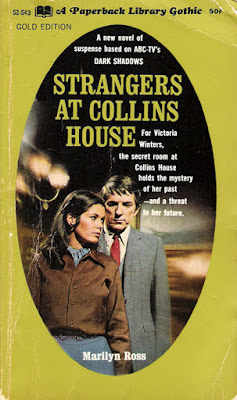
While Ross is hammering it out downstairs, Marilyn is far
from idle upstairs. She shields him from phone calls, edits his copy and
specializes in checking his nurse books since she is a graduate nurse. She also does research into background material for Dan's
novels, saving him the precious hours for actual writing.
"And she keeps my characters' names straight," Dan
says, stressing its importance. "I'm always getting their names mixed up.
Sybil, the heroine in my current book suddenly becomes Elsie who was the heroine
in my lust book. That sort of thing.
"And Marilyn acts as my first reader. I never tell her
the outcome of my plots and the story's got to hold her interest all the way
through. If it doesn't, then I'll change it. But that applies just to my
novels. I've found that those of my short stories she does not like are the
ones that go over best with the editors. Go figure it out."
Dan maintains his grueling morning-to-midnight schedule more
often than not on a seven-day week basis, although once in a while he'll quit
at 9 PM to catch the last show at a local movie. But it's not all work and no
play for the Rosses. Every couple of months they take a few days off to visit
New York.
To ex-actor Dan Ross, New York is Broadway and the stage. He’s
a chronic first-nighter. And, in fact, he credits much of his success as a novelist to his experience
in the theatre.
On graduation from Saint John High School, he studied drama
at the Provincetown Playhouse in New York's Greenwich Village, played summer stock
throughout New England for eight years, then returned home to form his own company. He wrote, directed
and acted. During the war he served with ENSA, the entertainment unit, then afterwards ran a film
distribution agency. When television made inroads into that career he began to
write short stories in 1957.
"I wrote, wrote and wrote. And most of it came back,
back, back," he recalls ruefully. "In my first two years 1 grossed
about S500." Then he began to click— just as the short fiction field showed
signs of waning. Switching his main effort to the novel, he published his first
one, Summer Season, based on his experience in summer stock, in 1962. He was then
49, a late starter as novelists go. He has written several novels with a Saint
John locale, including
The Fog And The Stars, Bridge To Love and
Fog Island.
Other Maritime locales include Halifax (
Satan's Rock) and Cape Breton (
CameronCastle).
Citadel Of Love and Castle On The Hill are based on the Quebec scene.
But most of his books have a New England background.
"I aim my writing primarily at the U.S. and British
reader because that's where the major markets are," he explains.
"None of my novels has ever been published in the original by a Canadian
house. I am not a product of Canadian publishing."
And yet, Ross claims he would not want to live elsewhere
than in Saint John. He comes from Loyalist stock and his family has lived there
for generations. "I work well here. I enjoy particularly my close
friendships with the local art colony. There is a quieter pace of living. I
think we've been able to retain a little more of the graciousness that flavors life.
Nice people in nice homes. Does that sound old-fashioned and square? I don't
care. I feel strongly about it."
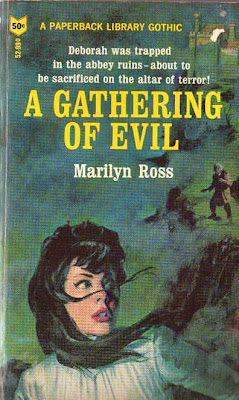
Ross's output is such that he requires two New York agents,
as well as representatives in the U.K., Sweden and South Africa. Discussing
this flood of wordage, a recent interviewer asked Dan Ross if he objected to the description of a "hack writer".
Ross thought carefully about that one before answering.
"I honestly don't think I'm a hack. A true hack is motivated
entirely by money and I'm not. Of course I do make a lot of money, as much as a successful business
executive, but I've never written anything that was not sincere. I write
primarily to express my viewpoint on life, and to entertain.
"As an entertainer, I write escapist fiction. And what's
wrong with escapism? You eat a meal to escape hunger. You read a novel of
mystery or romance to escape boredom or worry.
"In my serious novels, my message is one of decency, without
the sermonizing. So many writers now accentuate violence and sex. They ignore
the basically good and decent people, the way they live and their standards of
behavior. I think it's important that these people be represented in today's
fiction. And always in an interesting, readable way. I avoid the heavy prose
and navel-contemplation so many novelists seem to favor today."
Publisher
Hy Steirman attributes Ross's success as a
novelist to "his ability to transmit a dramatic flair, glamor and
excitement to his characters. We get a lot of fan mail from his writings,
mostly from women asking for a list of his books." Paperback Library is
understandably excited over Ross. Over 2.5 million of the TV show Dark Shadows
novels have been sold, and Ross is turning them out with his usual dispatch. It
prompted the New York Times Book Review last November to ask: "And who
says Gothic romance is dead?"
To would-be writers, Ross has offered this advice:
"First, make sure you have some ability in this
direction. And be ready to work harder at developing it than anybody on a
9-to-5 job. And second, don't flounder around but get professional help. I had
a couple of correspondence courses and they did save me a lot of time in
learning my craft."
Boston University's Mugar Memorial Library has honored Dan
Ross by establishing a "Dan Ross Collection". It will eventually
include all his published works, manuscripts, correspondence and notebooks.
But he has no illusions about his place in literature.
"I expect I'll be remembered, if at all, as a writer who
turned out an unusual quantity of fiction which entertained for a time,"
he says matter-of-factly. "And I suppose my chief claim to fame is my
speed in producing novels."
To date, at least, his awesome creativity places him well in
the forefront of mass producers of popular literature. French writer Georges
Simenon, now 65, has written over 500 books, and now does six a year. American
novelist Edgar Rice Burroughs, creator of the Tarzan stories, completed about
60 books at his death at 74. The late Edgar Wallace produced 150 works,
including plays, in 27 years and once dictated a complete novel over a weekend.
John Creasey, a 60-year-old English writer, famed for his Commander Gideon Of
Scotland Yard series, has published close to 400 books in 36 years; he achieved
his peak production in 1940 with 18 novels.
Ross's use of various pen names does cause some confusion
from time to time. Recently an American woman tourist in England picked up one
of his novels in a bookstore. It bore his name as author. On her return home
she bought a paperback at the newsstand one day. It had a different title. And
the author's name was
Jane Rossiter. But the story was exactly the same.
"A brazen case of literary theft," she wrote angrily
to Dan Ross, care of the English publisher. "I hope you take her to
court!"
"I thanked her and promised to look into it. And I sent
her some books for her trouble," says Dan Ross. "It was much simpler
than trying to explain that I couldn't sue myself."
 In Germany, DARK SHADOWS found a second life in pulp magazines. The Paperback Library published 32 DARK SHADOWS novels written by Marilyn Ross, some of which were later recycled as content for German horror- and gothic-themed pulp digests.
In Germany, DARK SHADOWS found a second life in pulp magazines. The Paperback Library published 32 DARK SHADOWS novels written by Marilyn Ross, some of which were later recycled as content for German horror- and gothic-themed pulp digests.
